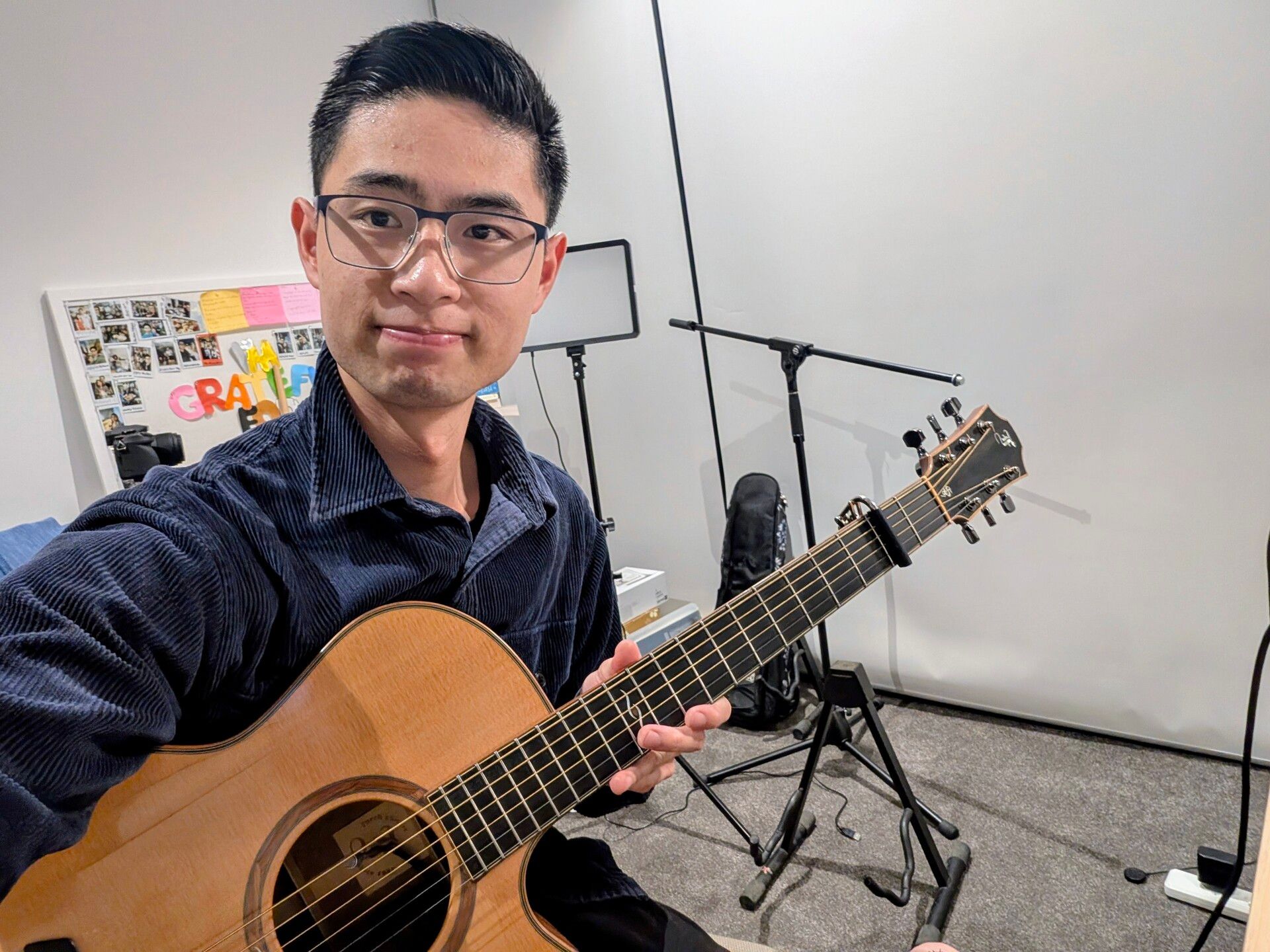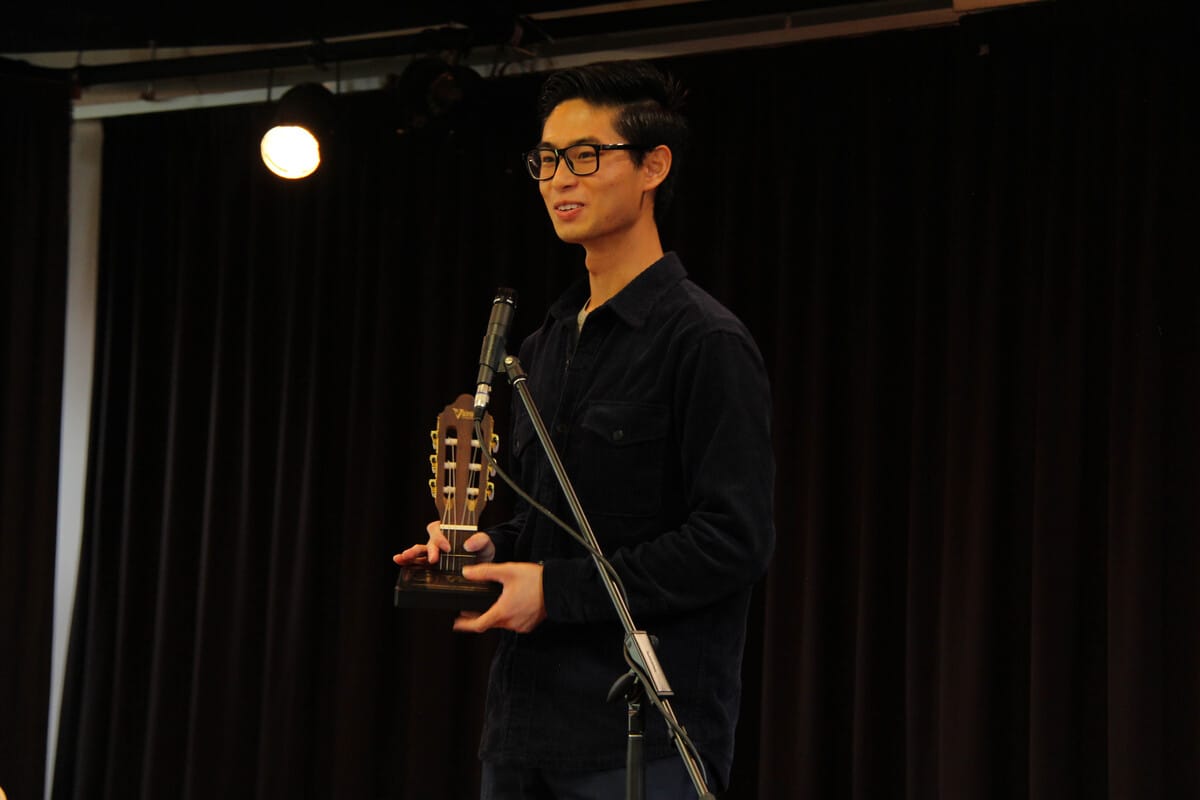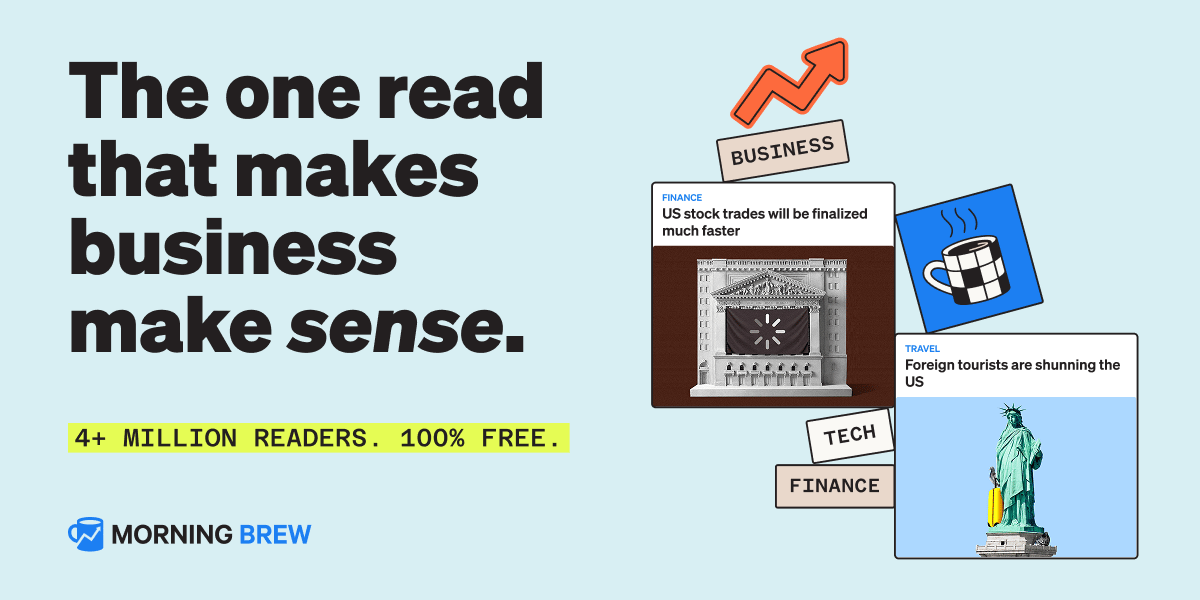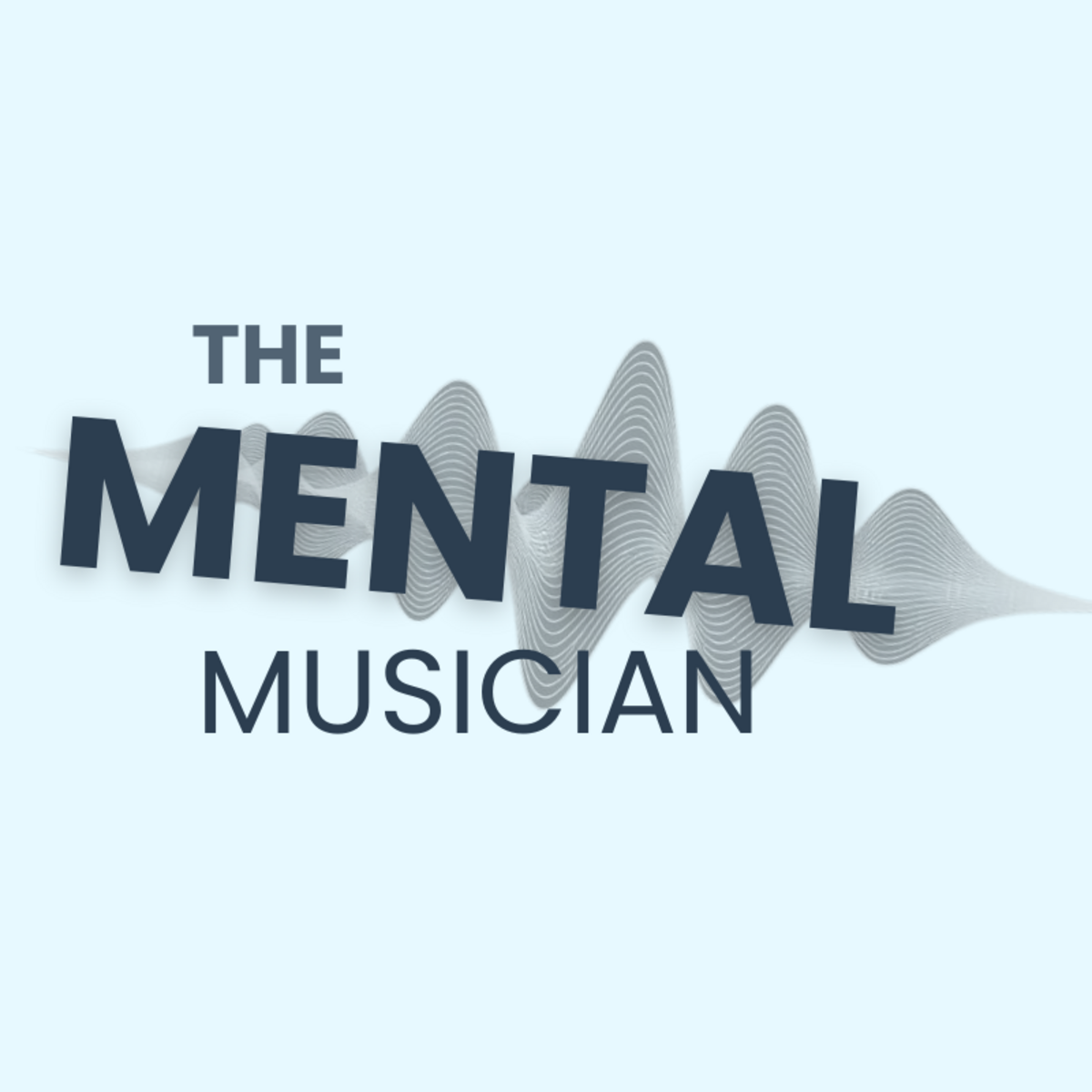Recently, I’ve been posting more on LinkedIn and making more videos calling out some rather distasteful comments I’ve received.
For most of the last year, I’ve been sharing my personal journey with depression, the burnout I experienced throughout my music career, how I considered taking my life, and how the tipping point was two seizures at the end of 2024.

But now I’ve been digging deeper into why there’s still such a lack of support for artists today. I want to broaden my understanding — beyond my personal story.
Because whilst it’s important to you that I share my story, so you know you’re not alone in your struggles…
…there also needs to be more attention on what can be done or should be done.
It starts by addressing the problems that have been around for decades:
The lack of financial stability
The unhealthy working conditions for artists
The drug and alcohol culture
The pressure and image that artists try to live up to
These issues are easier to see because there’s more tangible evidence.
Financial? Go look at Spotify’s payouts — there’s no shortage of articles.
Substance abuse? Plenty of artists have spoken openly about turning to drugs or alcohol to cope with isolation, pressure, and depression.
And then there’s the stigma.
This is where I get seriously frustrated.
I’ll try not to sound like a whiny millennial/Gen Z — but it’s hard not to, when I see comments like this:
Here are a few real comments I’ve seen lately in response to some of my posts:
“Why does an artist need ‘support’? Do they deserve it more than the plumber or electrician, the grocery manager, the truck driver? No one owes them anything.”
“To try to generate sympathy by referencing some vague risk of suicide or death among musicians is a bad argument. The system is not to blame for that and you know it. The suicides we KNOW about were hardly unsuccessful. Most of the deaths were from excesses DUE to success.”
“We don’t have first dibs on being the ‘depressed anxious generation’. Depression is as old as time. So is suicide and feeling lost/defeated. We’ve just gotten really good at acting like it’s happening to us in a unique, first-time-in-history kind of way.”
I never like calling out people publicly, but I feel this is crucial to addressing mental health in the music world as a whole.
These comments aren’t just ignorant.
They’re dangerous and harmful.
They are the reason why so many artists still suffer in silence.
And they’re not just coming from older generations who didn’t grow up with today’s level of mental health awareness.
I’ve seen it from artists under 30 too.
It’s like a bad hand-me-down jacket.
Doesn’t fit. Doesn’t keep you warm.
But you wear it because someone older told you,
“This is just how it’s done.”
Let’s take one of them apart.
“Depression is as old as time.”
Yes, it is.
But does that mean it’s not a problem?
Should we ignore it because it’s always existed?
Or this one:
“The suicides we know about were hardly unsuccessful.”
So…what? If you’re successful, your death is somehow justified?
Ask Chester Bennington.
Kurt Cobain.
Chris Cornell.
Avicii.
Goo Hara.
Sulli.
If they could answer, I believe they’d give up their success in a heartbeat to have the chance to feel whole again.

Moon Bin. Sulli. Goo Hara were all under 30…
Seriously imagine saying that to someone’s face at their lowest moment.
Imagine saying it to their kids.
To their parents.
That’s the kind of thinking that keeps people smiling in public while they crumble in private.
Some of them already had mental health struggles. But they didn’t have the space, the support, or the safety to manage them.
And here’s the part people don’t talk about:
This attitude isn’t only coming from older generations who grew up without mental health awareness.
I’ve seen it from artists under 30 too.
It gets passed down — like bad advice.
I’m not here to “win” arguments with people like that.
It’s about making sure their voices aren’t the loudest in the room when someone is deciding whether to reach out for help or stay silent.
Because if you’re reading this, I know you’re willing to put in the work. To throw your heart and soul into your music.
You just don’t want to destroy yourself in the process.
And I think you know someone who never got the chance to have that support.
Maybe that’s why you want to speak up — for them as much as for yourself.
I hate to be negative, because I want this newsletter to give you hope.
To make you believe there is a future where every musician can pursue their dream without sacrificing their mental health.
And I want artists from previous generations — who never had the chance — to feel vindicated knowing their children, grandchildren, students, and mentees will grow up in a world where they don’t have to hide their struggles.
Brian May’s five-year battle with depression after losing Freddie Mercury and his dad.
Brian Wilson’s struggles with bipolar disorder and schizophrenia — only told later in his life.
Today, artists like Ed Sheeran, Selena Gomez, Billie Eilish, and Demi Lovato speak openly about their mental health.
They’re proof that you can chase your dream, be a professional musician, share your music with the world, work hard, overcome challenges—
and still speak openly about your vulnerabilities, emotions, and struggles.

For me, I’m lucky I grew up in an era where you at least can speak up and find support.
And yes, there are still Robs and Karens who will dismiss your struggles like you’re throwing toys out of a cot.
But they’re not my audience.
You are.
Because if you’re reading this, I know you’re willing to put in your heart and soul, head down, and work your bum off to build the career you want.
You just don’t want to destroy yourself in the process.
And you shouldn’t have to.
Being a musician is already hard enough.
You shouldn’t have to sacrifice your health, your relationships, or your sense of self just to feel like you’ve “earned” your place.
The bottom line is this:
Even if you get those comments — even if they cut deep — there will be people like me who will stand by you, validate what you’re going through, and fight for a better system.
And trust me, there are more people who will stand with you than against you — even if it doesn’t feel that way right now.
Next week, I’ll share an updated version of my letter about my 10-year battle with depression and my first experience with suicidal thoughts.
(Here was last year’s one if you’re interested before the sequel: https://thementalmusician.beehiiv.com/p/returning-light-depression-stole-love-life)
Until then — please take care of yourself.

Thank you so much for reading today’s newsletter.
All in all, I hope you do find some hope from this in the end, despite this being, essentially a rant.
But I do hope that after you read this, you feel validated and know that there are people out there who will listen to you.
Please reach out any time if you’d like to have a chat, I’ll do my best to reply to your messages.
In the meantime, if you want more support, here’s how I can help you:
I created the Burnout to Breakthrough Mental Health Journal for Musicians like you — your personal mental health companion designed to help you reflect, reset, and rebuild your creative life without falling apart in the process.

Inside, you’ll find:
✅ A 3-part strategy to rebuild your energy, reset your mindset, and redefine success
✅ A fully interactive Notion journal to help you stay grounded and focused
✅ Daily, weekly, and monthly check-ins to track your wellbeing and goals
✅ A simple system you can return to anytime you feel lost, overwhelmed, or burnt out
This journal is a reminder:
you don’t have to keep burning just to keep going.
It may even give you a little bit of hope.
And for a limited time, I’ve dropped the price down from $27 to $14.99.
This price will only run till August 24th.
Grab your journal today, start discovering your dream and finding hope again.
📹 Check out my latest Youtube video where I talk about my first panic attack during a music exam:
And if you did enjoy today’s newsletter, I’d appreciate if you gave it 5 stars and shared it with a friend who you think would find it helpful.
Thanks for reading!
Trusted by millions. Actually enjoyed by them too.
Most business news feels like homework. Morning Brew feels like a cheat sheet. Quick hits on business, tech, and finance—sharp enough to make sense, snappy enough to make you smile.
Try the newsletter for free and see why it’s the go-to for over 4 million professionals every morning.
Check it out




